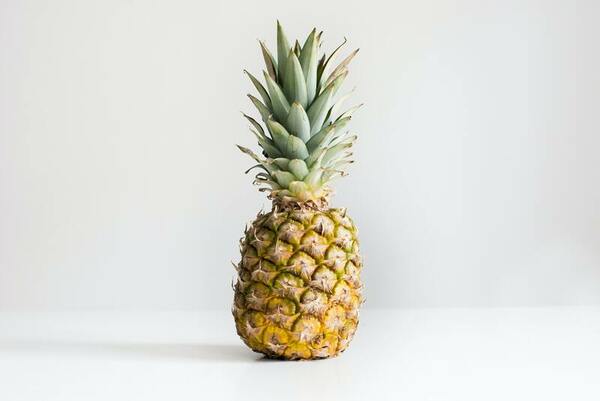Protective effect of bromelain and pineapple extracts on UV-induced damage in human skin cells
(1) ‘Iolani School, Honolulu, Hawaii , (2) Department of Biological Science, University of Suwon, Wau-ri, Bongdam-eup, Hwaseong, Gyeonggi-do, Republic of Korea
https://doi.org/10.59720/22-050
In Hawaii, people experience high sunlight exposure, contributing to an increased risk of sunburn. Additionally, most parts of pineapples are discarded, contributing to food waste and microbial spoilage, and we wanted to determine whether bromelain sourced from pineapple could be repurposed as a treatment to protect skin cells from UV damage. Bromelain from pineapple can be used to treat symptoms of sunburn, which occurs when UV rays damage the DNA in cells. Therefore, we hypothesized that bromelain extracted from various parts of the pineapple (crown, flesh, skin, and stem) would protect the skin cells from cell death caused by UV damage. Also, we expected bromelain from the stem, which is known to contain the highest concentration of bromelain, to be the most effective in protecting skin cells from UV-induced cell death. The effect of purified bromelain powder on skin cell survival was analyzed using the PrestoBlue cell viability assay to compare the protective effect of pineapple extracts on UV-induced cell death. We also examined the expression level of tumor necrosis factor-α (TNF-α), which is a pro-inflammatory marker. The results indicated that bromelain protected skin cells from UV-dependent cell death and increased the mRNA expression level of TNF-α. Additionally, bromelain had a more protective effect when it was used as a pre-treatment method than post-treatment. Overall, this study suggests that bromelain may provide some protection to the skin from UV-induced cell death. Thus, further studies may investigate its application in sunscreen products to improve protection.
This article has been tagged with: